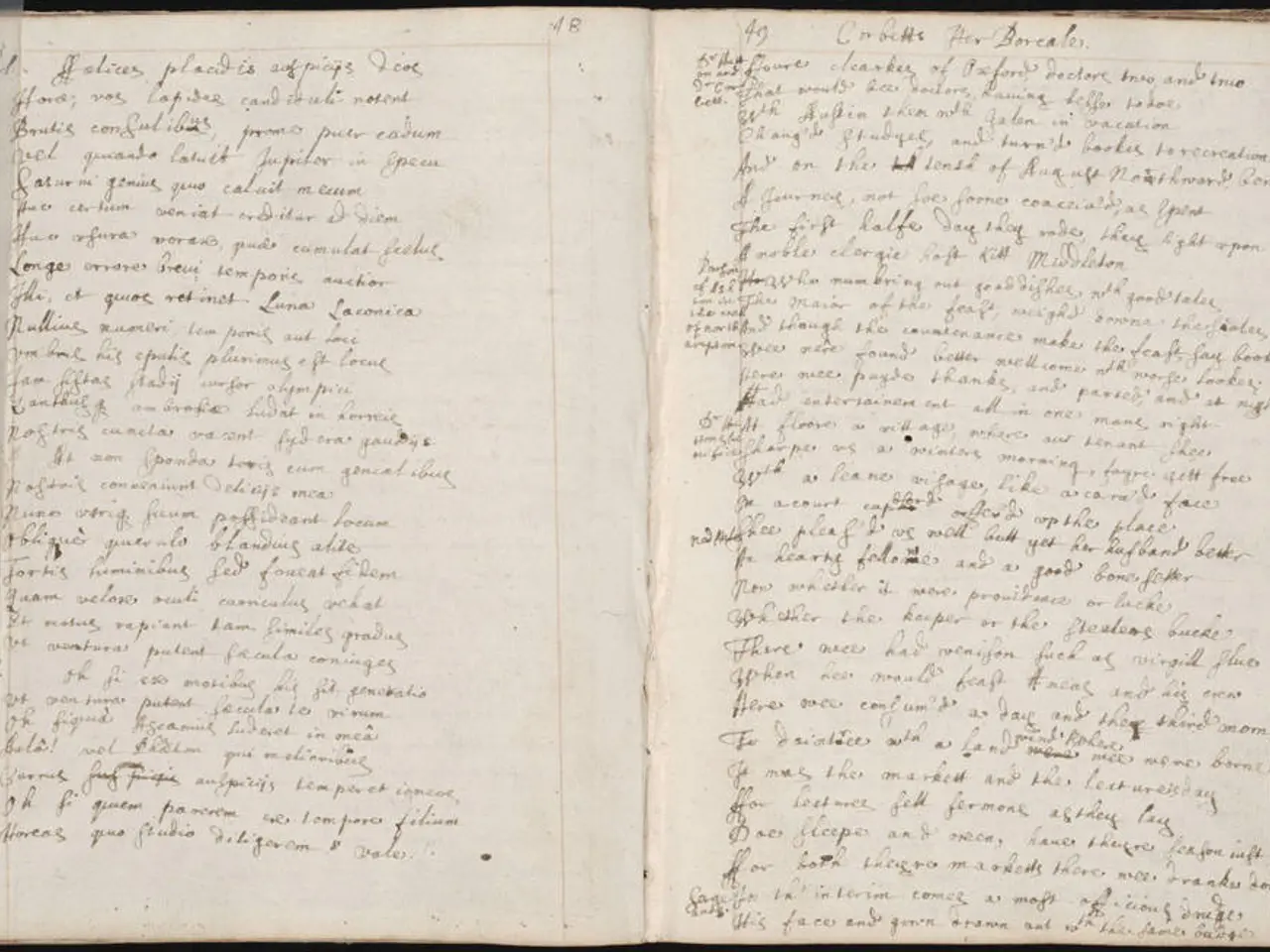Wealthy individuals' tax burdens could increase, according to Deputy Mironov, as he proposes jacking up personal funds taxes to curtail advantages for the affluent.
In a recent move aimed at increasing transparency and formalizing private wealth, State Duma Deputy Sergei Mironov has proposed a new tax on personal funds held outside banks. This tax, which would apply to personal savings not held in banks, is proposed to be set at a rate of 6-8% per annum.
The purpose of this proposal is to encourage the deposit of funds into the formal banking system, thereby reducing the volume of cash holdings outside banks and increasing formal financial flows. This could potentially lead to an increase in tax revenues through better monitoring of personal funds.
Mironov's proposal targets personal funds rather than income or corporate tax, signifying an effort by Russian authorities to tighten control over private wealth stored outside the banking sector. However, it is important to note that this specific proposal is not yet part of the immediate recent official amendments to the Tax Code from 2025, which focus on corporate income tax, simplified taxation for businesses, and tourist taxes.
Currently, a hereditary fund becomes the property of the founder upon the transfer of assets worth at least 100 million rubles. Mironov's proposal aims to increase the profit tax rate for personal funds to 22% or 25%, which is a significant increase from the current 15% tax rate.
The proposed tax on personal funds is not the only change Mironov is advocating for. He has also called for a review of the current tax regime for personal funds in Russia, with the aim of eliminating unfair privileges and ensuring equal conditions.
Mironov characterizes personal funds as essentially no different from ordinary commercial organizations, and has referred to them as a "toy for the rich." Personal funds have the right to engage in entrepreneurial activity, and one of their advantages is the absence of income tax on payments to beneficiaries. However, the ability to hide information about the founder is another advantage of personal funds, which Mironov's proposal seeks to address.
This tax proposal, if enacted, could have significant implications for Russian citizens’ cash usage and banking behavior. It may also have political and economic repercussions regarding personal wealth privacy and liquidity.
| Aspect | Detail | | --- | --- | | Proposed Tax Type | Tax on personal funds held outside banks (cash, non-bank forms) | | Proposed Rate | 6-8% annually | | Proponent | State Duma Deputy Sergei Mironov | | Purpose | Encourage deposit in banks; reduce shadow economy cash holdings | | Current Status | Proposal, not yet enacted or part of 2025 official tax changes |
[1] [Link to the official amendments to the Tax Code from 2025] [2] [Link to potential implications of the proposed tax on personal wealth privacy and liquidity]
The proposed tax on personal funds held outside banks is a policy-and-legislation initiative by State Duma Deputy Sergei Mironov aimed at increasing formal financial flows and reducing the volume of cash holdings outside banks. This tax, if enacted, could potentially lead to an increase in tax revenues through better monitoring of personal funds, and might have broader political and economic implications for personal wealth privacy and liquidity ([1]). While not yet part of the immediate recent official amendments to the Tax Code from 2025, Mironov's proposal focuses on increasing the profit tax rate for personal funds and calls for a review of the current tax regime for personal funds in Russia to eliminate unfair privileges and ensure equal conditions ([2]).








